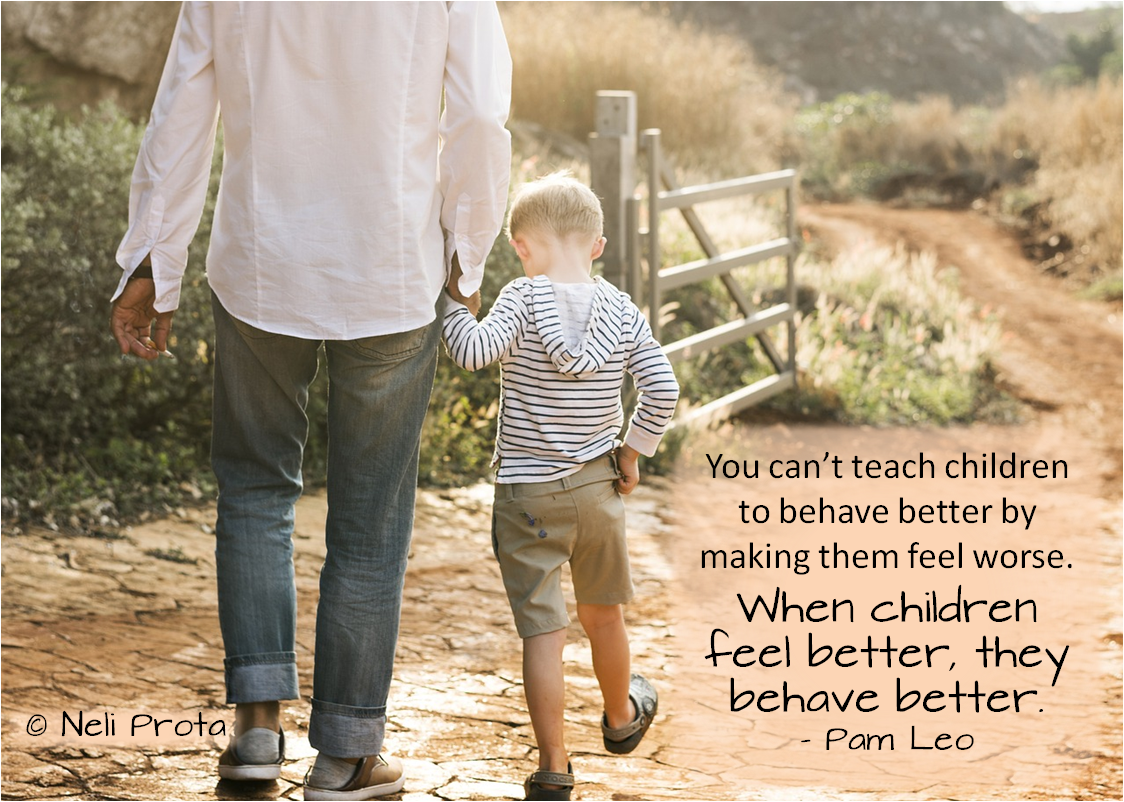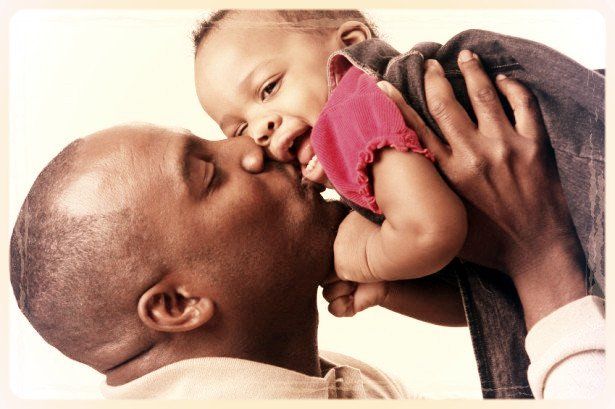
In my previous blog post, I explained how, although possibly effective, a behaviourist approach to infant sleep and allowing the child to "self soothe" is essentially damaging for the health of the child and of the relationship. I brought up the concept of operant conditioning that - applied in that setting - meant that leaving a child to cry without attending to his or her needs would eventually result in the extinction of the crying. However, it would not remove the underlying cause of the crying.
That's because behind each behaviour there is a feeling and a need. In fact, behaviour is just an attempt to meet a need , as postulated by Marshall Rosenberg, the developer of Nonviolent Communication. We engage in play when we have a need for playfulness and fun. We engage in conversation when we have the need to be heard or to share something exciting. We open the fridge when we have a need for nourishment. However, behaviour is also related to feelings. If for a long time no one paid attention to what we had to say, and we feel worthless as a result, we might start yelling to meet the need of feeling heard. And if we're really really hungry, we can start having very nervous behaviour or even cry if we're a child. If you've ever been overly exhausted you know that sleeping becomes difficult and you only want to cry…
Once this relationship between needs, feelings and behaviour is understood, it is easy to see how children behave as good as they feel, to quote Pam Leo.



